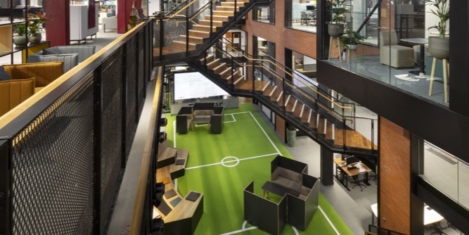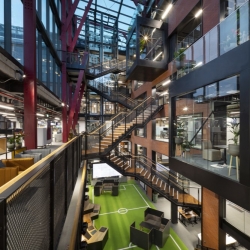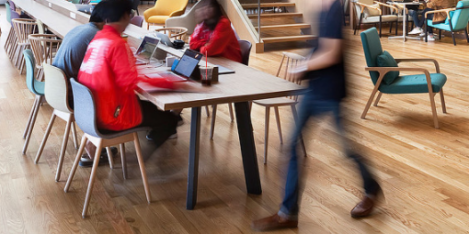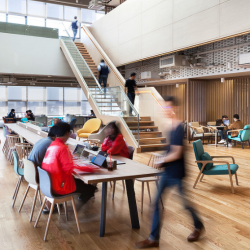March 15, 2023
The UK workplace sector reacts to the Spring Budget 2023
 Today the UK’s Chancellor of the Exchequer, Jeremy Hunt presented his Spring Budget to the House of Commons. In it he announced what her referred to as his ‘four pillars’ of industrial and productivity strategy, namely: ‘Enterprise’, ‘Employment’, ‘Education’, and ‘Everywhere’. Perhaps the headline element of this announcement was the creation of twelve new investment zones across the UK as well as incentives for older workers to return to the country’s patchy workforce. This includes£63m for programmes to encourage retirees over 50 back to work, “returnerships” and ‘skills boot camps’. Another headline for the workplace sector was the offer of improved childcare arrangements, especially for the parents of very young children, who will see 30 hours of free childcare expanded to include one and two-year-olds. (more…)
Today the UK’s Chancellor of the Exchequer, Jeremy Hunt presented his Spring Budget to the House of Commons. In it he announced what her referred to as his ‘four pillars’ of industrial and productivity strategy, namely: ‘Enterprise’, ‘Employment’, ‘Education’, and ‘Everywhere’. Perhaps the headline element of this announcement was the creation of twelve new investment zones across the UK as well as incentives for older workers to return to the country’s patchy workforce. This includes£63m for programmes to encourage retirees over 50 back to work, “returnerships” and ‘skills boot camps’. Another headline for the workplace sector was the offer of improved childcare arrangements, especially for the parents of very young children, who will see 30 hours of free childcare expanded to include one and two-year-olds. (more…)















 Any business that is looking to grow its consumer base or expand into new markets is likely to be relying on digital technology to a greater extent than ever before both in their operations and management. This also means that the
Any business that is looking to grow its consumer base or expand into new markets is likely to be relying on digital technology to a greater extent than ever before both in their operations and management. This also means that the 















March 1, 2023
The rise of the pods shows how the workplace pendulum swings
by Ben Capper • Comment, Workplace design